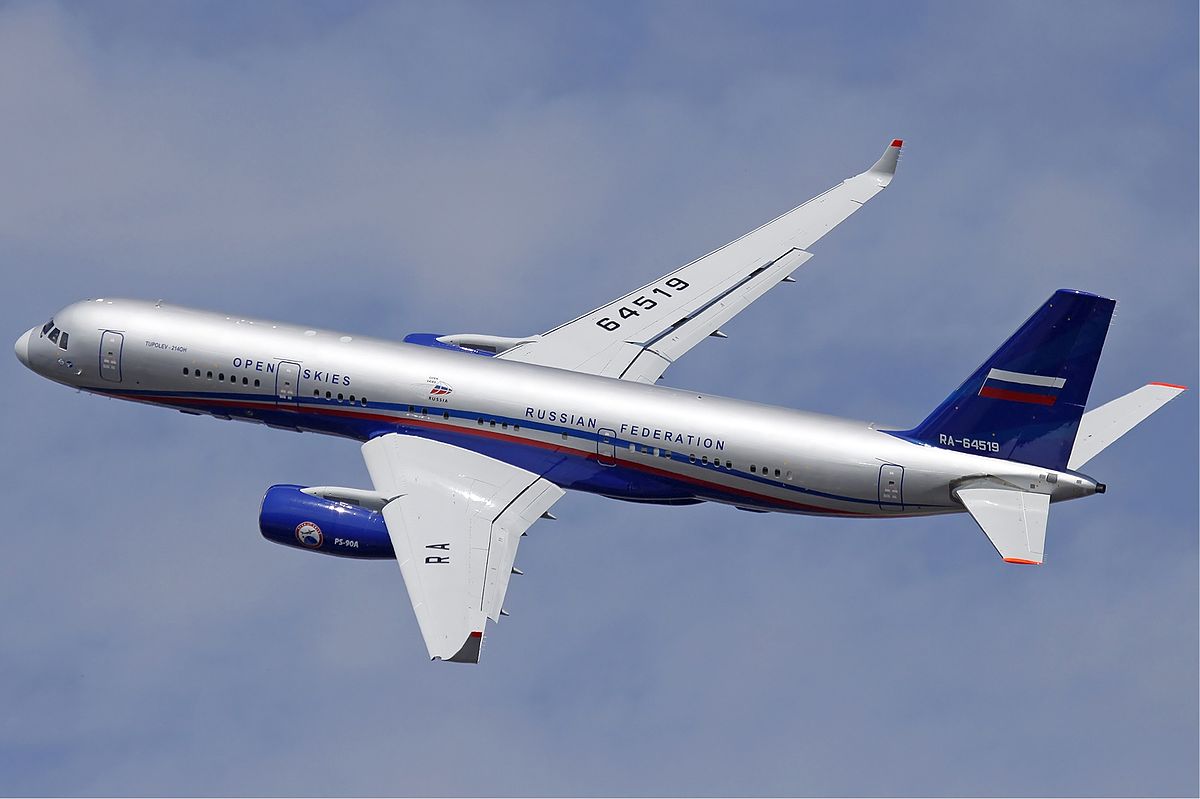
The #EU has been sidelined in this crisis by design. Military security dialogue with #Russia remains outsourced to #NATO/#OSCE or takes place bilaterally. How could the EU contribute to managing military security beyond #deterrence? Some ideas 1/6
feps-europe.eu/component/atta…
feps-europe.eu/component/atta…

2/6 The EU should establish a permanent expert dialogue with 🇷🇺on military security issues. Existing bilateral formats (Germany, France, Netherlands etc.) risk undermining unity. Possible starting point: Mil-to-mil dialogue between @ChairmanEUMC and the Chief of the Russian GS.
3/6 The EU should invest in independent capabilities for monitoring, analysing and reducing military escalation risks. A European Centre for Crisis Prevention and Risk Reduction would recognise the need for more co-ordination and data sharing.
4/6 Finally, EU member states should invest in saving the #Openskiestreaty by preventing additional withdrawals. This requires both diplomatic/ technical engagement, particularly with regard to #Belarus. Long term, could create a new regional aerial observation regime with 🇷🇺
5/6 None of these steps will replace NATO/OSCE, but the EU needs the capacity to communicate & act efficiently on military security issues with Russia, particularly when Euro-Atlantic institutions for engaging Moscow on military security become dysfunctional for mil-mil dialogue.
6/6 A low-risk wait-and-see strategy that ascribes responsibility and initiative to either Moscow or Washington is not sustainable. It will only foster Europe’s irrelevance in military security on the continent and cement existing dependencies.
• • •
Missing some Tweet in this thread? You can try to
force a refresh





